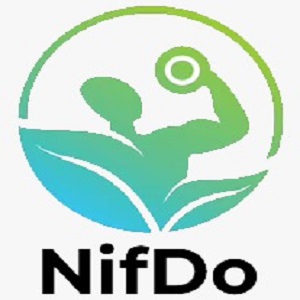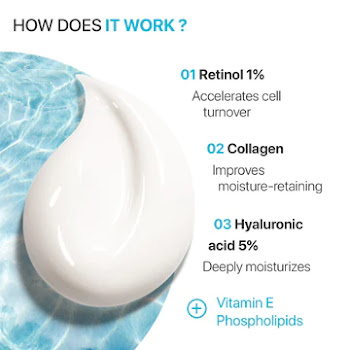REGULATION AND CLASSIFICATION OF DIETARY SUPPLEMENT
FOOD SUPPLEMENT ;
Food supplements are concentrated sources of nutrients (minerals or vitamins for example) or other substances having a nutritional or physiological effect, marketed in "dose" form (pills, tablets, capsules, liquids in the form of measured doses ). A wide range of nutrients and other ingredients may be present in dietary supplements including, but not limited to, vitamins, minerals, amino acids, essential fatty acids, fiber, and various herbs or herbal extracts.
Dietary supplements are intended to correct nutritional deficiencies, maintain adequate nutrient intake or support specific physiological functions. They are not drugs and, as such, they cannot exert a pharmacological, immunological or metabolic action. Therefore, their use is not intended to treat or prevent disease in humans or to alter physiological functions.
In the European Union, dietary supplements are regulated as foods. Specific harmonized legislation regulates the vitamins, minerals and source substances of these nutrients which may be used in the manufacture of food supplements. For ingredients other than vitamins and minerals, the European Commission has established harmonized rules to protect consumers against any potential health risk and maintains a list of substances known or suspected to have harmful effects on health.
Recent activities
In May 2018, EFSA's Panel on Food Additives and Sources of Nutrients Added to Foods (ANS Panel) adopted a guidance document on the assessment of nutrient sources and nutrient bioavailability from these sources.
In December 2017, EFSA publishes a summary report on the Dietary Reference Values for nutrients. At the beginning of the same year, the EFSA published a document entitled “Overview on Tolerable Upper Intake Levels as derived by the Scientific Committee on Food (SCF) and the EFSA Panel on Dietetic Products, Nutrition and Allergies (NDA)”.
let's go keys
2021 - 2012
EFSA carries out the safety assessments of six substances used as ingredients in food supplements, for which safety concerns were raised either by the EC or Member States, namely: Ephedra species, Yohimbe (Pausinystalia yohimbe (K. Schum) Pierre ex Beille), Hydroxyanthracene derivatives, Cathechins from green tea, Monacolins from red yeast rice and alpha-lipoic acid (thioctic acid) and the risk of insulin autoimmune syndrome (Hirata's disease).
2018
The mandate of EFSA's NDA Panel is extended to include the assessment of nutrient sources as well as the analysis of applications for safety assessment under Art. 8 of Regulation (EC) 1925/2006.
2010
EFSA's NDA panel publishes a scientific opinion setting out the general principles for establishing nutrient reference values(NRVs) and begins reviewing the NRVs established by the Scientific Committee for Food in 1993 for macronutrients and micronutrients.
2006
EFSA and the Scientific Committee for Food compile all the opinions identifying the possible harmful effects on health of various micronutrients absorbed at doses higher than nutritional requirements; where possible, they establish safe upper limits for different population groups.
EFSA's role
Between 2005 and 2009, EFSA carried out a comprehensive assessment of substances authorized for use as sources of vitamins and minerals in food supplements in the EU. The evaluation covered both the analysis of the safety of the nutrients at the intake levels proposed by the authorization applicant as well as the bioavailability of the nutrient from this source, i.e. the effectiveness with which the mineral or vitamin is released into the body.
Companies wishing to market a nutrient source that is not on the list of authorized substances must submit an application to the European Commission. Under Directive 2002/46/EC, EFSA then prepares a scientific opinion in support of the European Commission's assessment of the application. Based on the work of EFSA, the European Commission regularly reviews and updates the list of vitamin or mineral substances which may be added to food supplements



Comments
Post a Comment